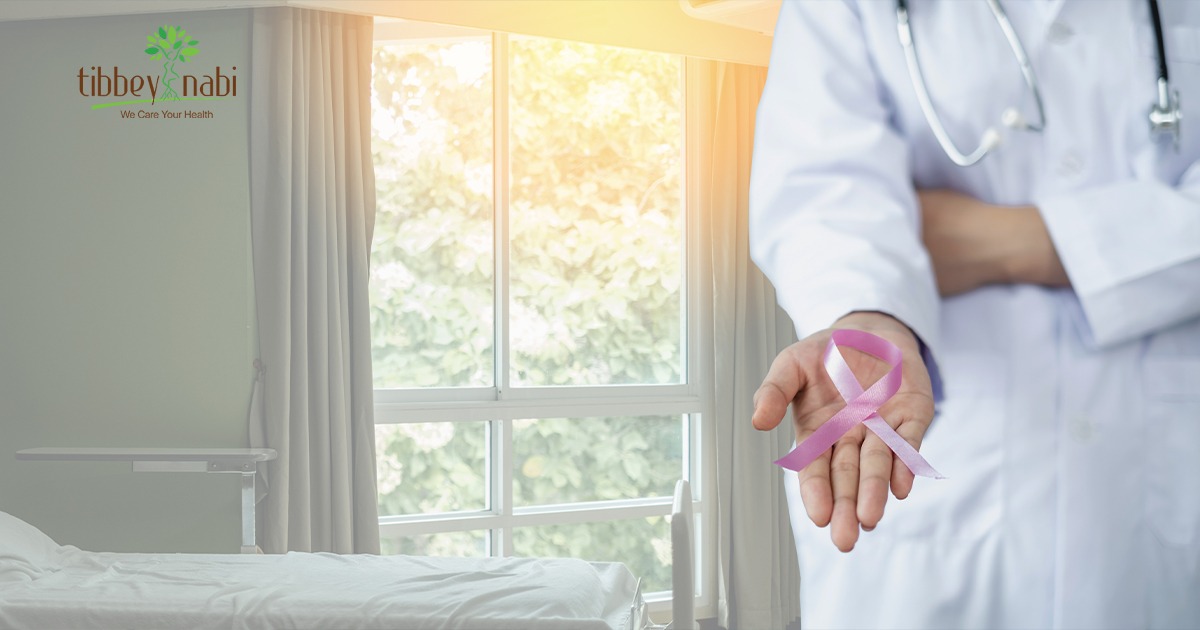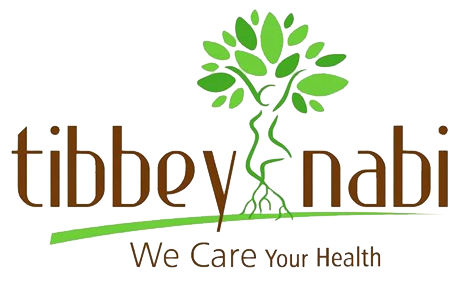
How AI Is Helping Detect Cancer Earlier in the UAE
Cancer. It's a word no one wants to hear, but it's become a reality for many families. Whether it's breast cancer, lung cancer, or some rare cancer, early detection makes a huge difference—not just in survival but in the kind of treatment and quality of life that follows.
The good news? Technology is catching up. Artificial Intelligence (AI) is already helping doctors spot cancer earlier, faster, and more accurately. From Abu Dhabi to Dubai, hospitals are starting to rely on intelligent algorithms and machine learning to assist with diagnosis and screening.
It's not science fiction—it's happening now and saving lives.
Why Early Detection Is Important in Cancer (Importance of early detection in Cancer)
Cancer caught early is usually easier to treat. But, the disease often spreads by the time symptoms appear and tests are done.
In the UAE, cancer is one of the top causes of death, especially among women and older adults. According to UAE health authorities, breast, colorectal, lung, and prostate cancers are the most common. Yet many cases are diagnosed late, simply because the signs were missed or routine screenings weren't done in time.
That's where AI can help—by spotting the most minor signs that even trained eyes might overlook and helping with cancer treatments.
What is AI Doing in Cancer Detection?
AI isn't a robot in a lab coat. It's a tool that helps doctors analyse data. Here's how it's being used:
1. Reading Scans with Greater Accuracy
AI can review mammograms, CT scans, or MRIs and flag suspicious areas. In breast cancer screening, for example, AI has shown over 90% accuracy in detecting abnormalities—sometimes finding tumours that human radiologists miss.
2. Predicting Who's at Risk
AI can look at your medical history, lifestyle habits, and genetic information to predict your cancer risk. That helps doctors focus on prevention and early tests before any symptoms appear.
3. Helping with Biopsies
When doctors take tissue samples, AI can help analyse them faster, highlighting cancerous cells more clearly and reducing the chances of error.
What's Happening in the UAE?
The UAE isn't just following global trends—it's actively investing in AI as part of its healthcare strategy.
The UAE's National AI Strategy 2031 mentions health as a focus area.
The Ministry of Health and Prevention (MoHAP) has introduced AI screening tools in several hospitals.
Leading medical centres like Cleveland Clinic Abu Dhabi and Sheikh Shakhbout Medical City are testing AI systems in radiology and oncology.
Local and international startups are partnering with UAE hospitals to trial AI-based diagnostics.
This means patients in the UAE are already seeing the benefits, especially in faster diagnoses and fewer unnecessary procedures.
Why This Matters for UAE's Diverse Population
The UAE is home to people from many different countries and backgrounds. This diversity can make it harder to standardise screening protocols. But AI doesn't get tired or biased. It can be trained on large, diverse datasets, making it especially useful in a country like the UAE, where the patient population varies.
UAE healthcare authorities are addressing this through strong data protection regulations. Hospitals using AI must follow strict guidelines to keep their medical information safe and confidential.
Remember: AI is a tool. It doesn’t make decisions on its own. It works alongside trained doctors, adding another layer of accuracy—not replacing human expertise.
The Future of AI in Cancer Healthcare
With the UAE continuing to lead in tech innovation and healthcare quality, AI in cancer detection will only grow. We can expect:
More AI screenings in public health programs
Personalised risk assessments using wearable health data
Integration with smart apps for remote cancer risk monitoring
Faster and more affordable diagnostics, even in rural clinics
As access improves and awareness grows, AI could become part of routine checkups across the UAE.
AI Is Changing Cancer Care—for the Better
Cancer is frightening. But with the right tools, it doesn't have to be a death sentence. In the UAE, AI helps doctors act faster, patients feel more confident, and families have peace of mind.
If you are due for a screening, ask your clinic whether AI-powered diagnostics are available. And if you're feeling unsure—remember this: a few seconds of intelligent analysis today could save your life tomorrow.



